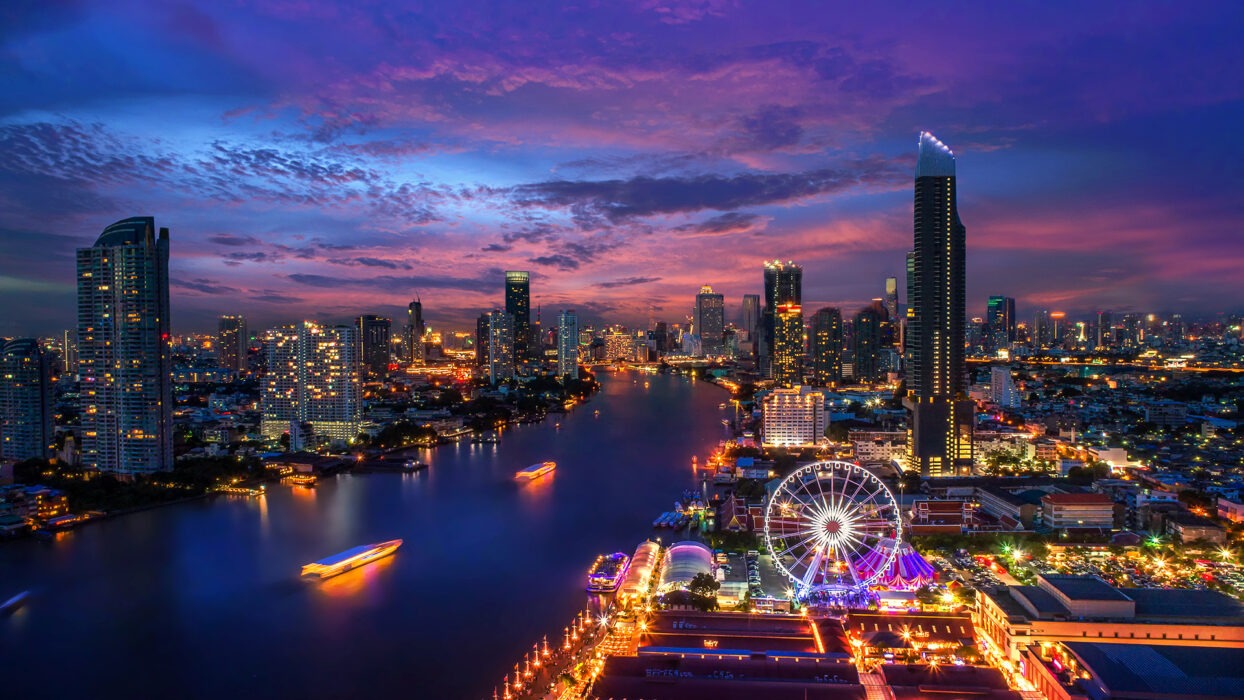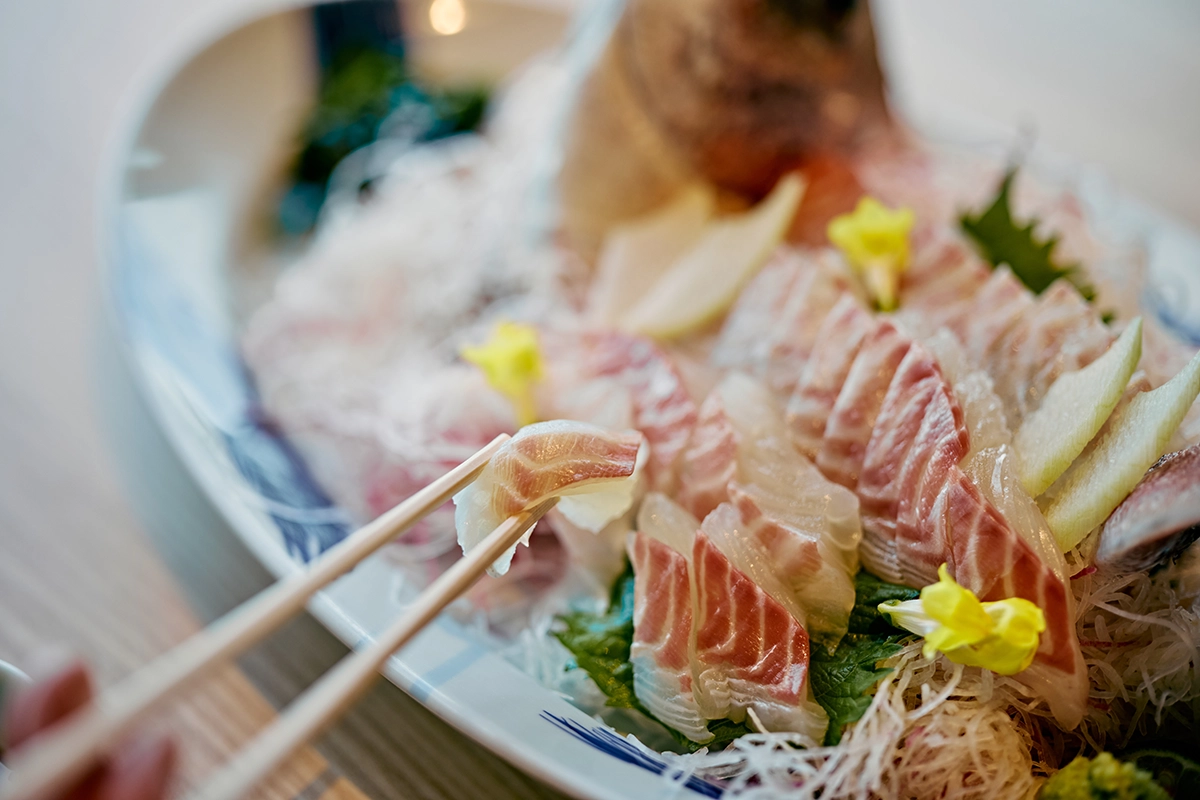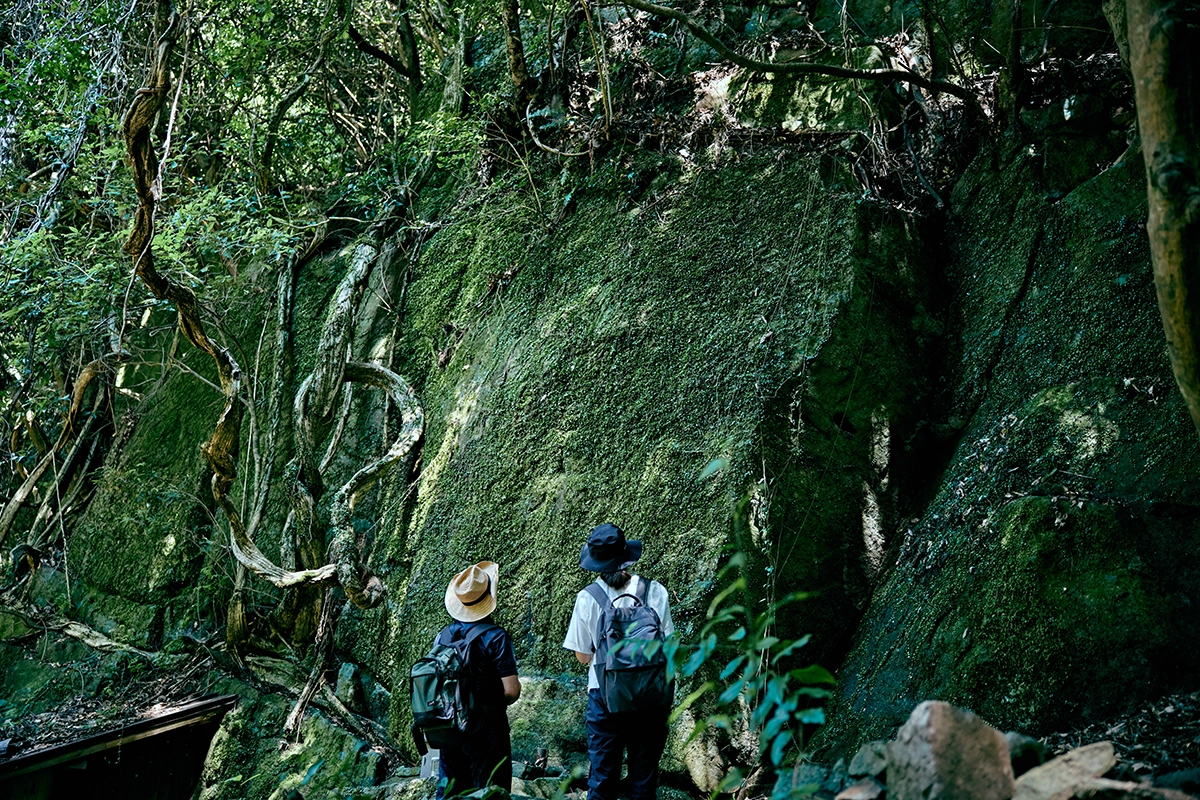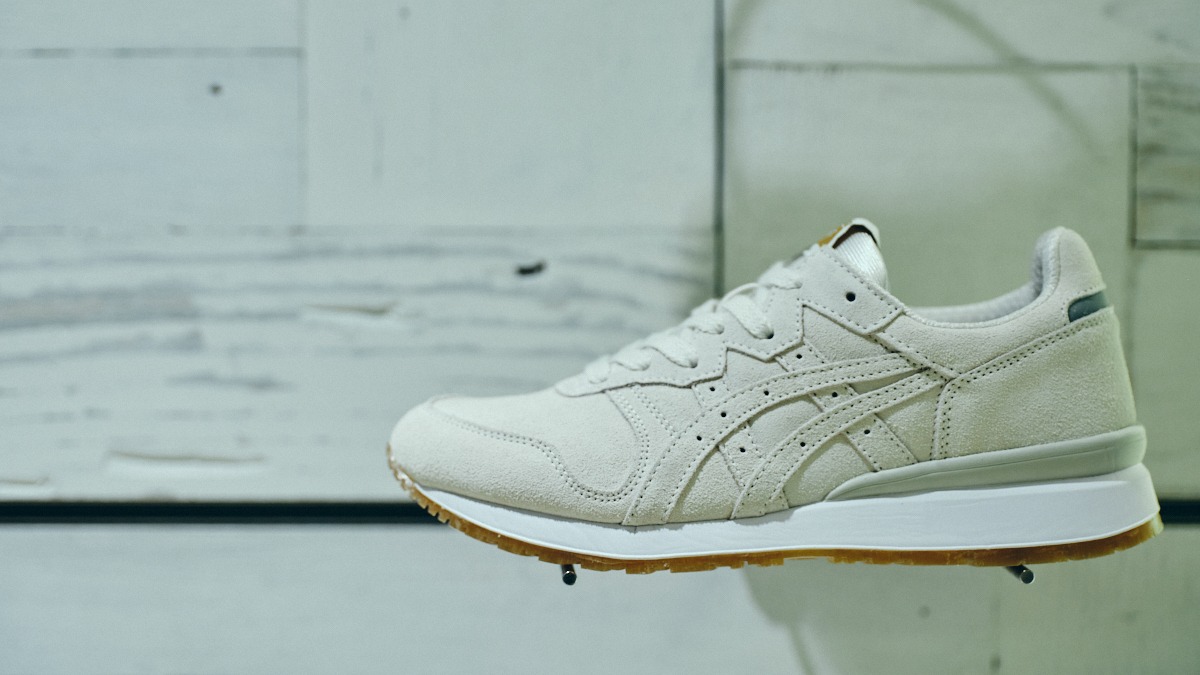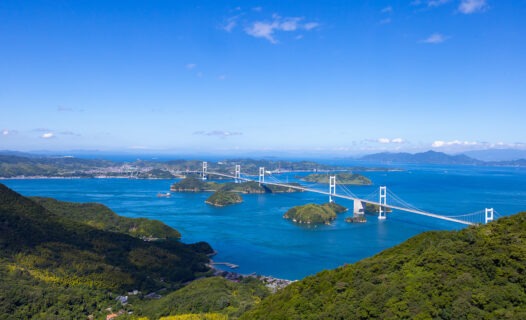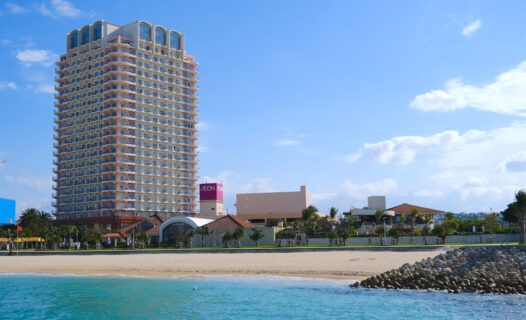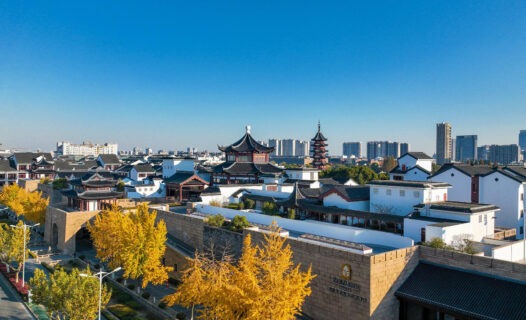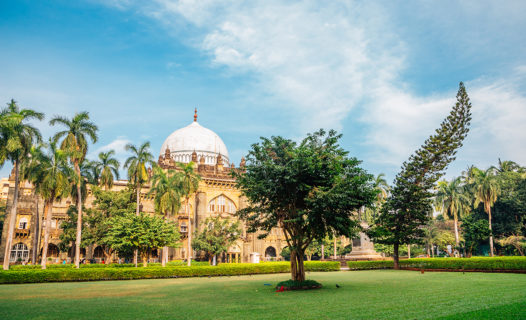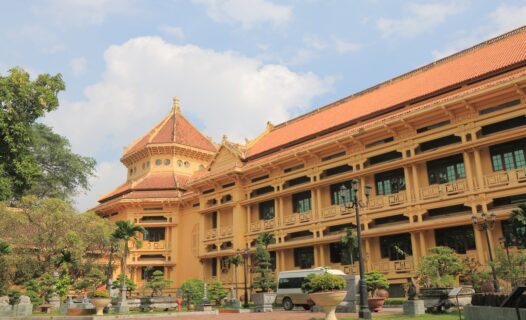Fun Thai Phrases to Use During Songkran Festival: Say It Like a Local!
As the sun shines brighter and the temperatures rise, Thailand gears up for one of its most exhilarating celebrations: the Songkran Festival! This spectacular event, marking the Thai New Year, is renowned for its joyous water fights, vibrant parades, and rich cultural traditions. But beyond the splashes and laughter, Songkran holds significant meaning in Thai culture, symbolizing renewal, purification, and the importance of family ties. It’s a time for locals and visitors alike to come together, celebrate, and share in the spirit of goodwill.
Now, what could make your Songkran experience even more memorable? A sprinkle of language! Knowing a few common Thai phrases can truly elevate your interactions and help you connect with the locals in a more meaningful way. Imagine joining in the festivities, shouting out cheers in Thai, and sharing smiles with new friends as you get drenched in the joyous chaos of water fights. With just a bit of effort to learn some useful Thai phrases, you’ll not only enhance your experience but also show respect for the vibrant culture around you.
Discover Common Thai Phrases for Tourists
Before you dive headfirst into the water battles, let’s equip you with some Thai phrases for tourists that will come in handy during your adventures. Whether you’re asking for directions, ordering delicious street food, or simply greeting someone, these phrases will help break the ice and make your interactions smoother.
Here are a few essential Thai phrases to get you started:
- Sawasdee (สวัสดี) – Hello
- Khop khun (ขอบคุณ) – Thank you
- Chai (ใช่) – Yes
- Mai chai (ไม่ใช่) – No
- Khun poot pasa angkrit dai mai? (คุณพูดภาษาอังกฤษได้ไหม?) – Do you speak English?
These simple phrases can open doors and create connections. And remember, a smile goes a long way in Thailand! For a deeper dive into the language, check out our guide on Essential Thai Phrases for Travelers.
Exciting Thai Phrases for Songkran Celebrations
When it comes to Songkran, the atmosphere is electric, filled with joy and laughter as people splash water on each other and celebrate together. Here are some Thai phrases for Songkran that capture the essence of this spirited festival:
- Songkran sa-wat-dee (สงกรานต์สวัสดี) – Happy Songkran!
- Rao maa len nam (เรามาเล่นน้ำ) – We’re here to play in the water!
- Chok dee na (โชคดีนะ) – Good luck!
- Ying nam (ยิงน้ำ) – Shoot water!
- Khun suay mak (คุณสวยมาก) – You’re very beautiful!
These phrases not only add to the fun but also allow you to join in the festivities like a local. Embrace the playful spirit of Songkran and don’t hesitate to use these phrases while splashing around with friends and strangers alike! For more specific phrases tailored for the festival, check out our article on Basic Thai Phrases for Songkran.
So, gear up for an unforgettable experience filled with laughter, water, and new friendships. Learning these phrases will not only enhance your time at the festival but also enrich your overall travel experience in Thailand!
Essential Thai Greetings and Expressions
As you splash your way through the Songkran festivities, don’t forget the power of a warm greeting! Thai culture places a strong emphasis on respect and friendliness, and knowing a few Thai greetings can set a delightful tone for your interactions. Whether you’re meeting new friends in the streets or chatting with local vendors, these phrases will make you feel more at home.
- Sawasdee krub/ka (สวัสดีครับ/ค่ะ) – Hello (krub for males, ka for females)
- Sabai dee mai? (สบายดีไหม?) – How are you?
- Chai, sabai dee (ใช่, สบายดี) – Yes, I’m fine.
- Khun chao dai mai? (คุณเช้าได้ไหม?) – Are you awake?
- Yindii ton rap (ยินดีต้อนรับ) – Welcome!
These expressions are not just words; they are a bridge to building connections. A simple greeting can lead to smiles and conversations that enhance your Songkran experience. For a broader look at Thai language, be sure to check out our Comprehensive Thailand Travel Guides.
Fun Thai Slang to Use During the Festival
Want to sound like a local and join in the fun? Thai slang is a playful way to engage with people during Songkran! Here are some fun Thai slang phrases that will add a touch of humor and casualness to your conversations:
- Chao (เจ๋ง) – Cool!
- Mai pen rai (ไม่เป็นไร) – No worries!
- Na (นะ) – A friendly particle used at the end of sentences for emphasis.
- Wai (ไหว) – To greet someone with a traditional Thai gesture.
- Sa-bai (สบาย) – Relaxed or comfortable.
Using slang can lighten the mood and make you feel more integrated into the festivities. Just remember, context is key! Understanding when and how to use these phrases will help you avoid any misunderstandings. For more insights into Thai slang and expressions, explore our article on Thai Phrases for Cultural Interaction.
Cultural Etiquette: Phrases for Engaging with Locals
While having fun during Songkran, it’s important to keep cultural etiquette in mind. Respectful communication goes a long way in fostering goodwill with the locals. Here are some important phrases and tips to keep your interactions positive:
- Khun chao dai mai? (คุณเช้าได้ไหม?) – Are you awake? (used humorously during the water fights)
- Phom/Chan rao khun (ผม/ฉันรอคุณ) – I’m waiting for you.
- Khun suay mak (คุณสวยมาก) – You’re very beautiful!
- Chok dee na (โชคดีนะ) – Good luck!
- Rao maa len nam (เรามาเล่นน้ำ) – We’re here to play in the water!
Using these phrases shows respect and appreciation for Thai culture, making your Songkran experience even more enjoyable. For a deeper dive into cultural etiquette, don’t miss our guide on Enhance Your Chiang Mai Experience with Thai Phrases.
Unique Thai Expressions to Enhance Your Experience
Want to impress your new Thai friends? Learning some unique Thai expressions can add a delightful twist to your conversations. Here are a few lesser-known phrases that resonate well with locals:
- Yim (ยิ้ม) – Smile!
- Jai yen (ใจเย็น) – Calm down!
- Puen (เพื่อน) – Friend!
- Mai mee (ไม่มี) – None or no problem!
- Khun na (คุณนะ) – You, okay?
These expressions can spark laughter and camaraderie, making your time at the festival even more memorable. For more phrases that can help you connect with locals, check out our guide on Useful Thai Phrases for Krabi.
Culinary Deep Dive: Food Phrases for Songkran Festivities
No festival is complete without delicious food, and Songkran is no exception! Knowing some food-related phrases can enhance your culinary adventures. Here are some must-know phrases to help you navigate the mouth-watering street food scene:
- Arroy mak (อร่อยมาก) – Very delicious!
- Khun mii arai (คุณมีอะไร?) – What do you have?
- Chan ao (ฉันเอา) – I want this.
- Nam pla (น้ำปลา) – Fish sauce.
- Pad thai (ผัดไทย) – Pad Thai (a popular dish).
Using these phrases will not only help you order your favorite dishes but also show your enthusiasm for Thai cuisine. For more on the culinary delights of Thailand, explore our article on Hidden Gems and Thai Phrases.
Exploring Songkran Traditions Through Language
Songkran is rich in traditions, and understanding the language associated with these customs can deepen your appreciation for the festival. Here are some phrases related to Songkran traditions that you might find useful:
- Songkran (สงกรานต์) – The Thai New Year festival.
- Nam phra (น้ำพระ) – Holy water.
- Phra phuttha (พระพุทธ) – Buddha statue.
- Wai khru (ไหว้ครู) – A ceremony to pay respect to teachers.
- Rao ja tham arai (เราจะทำอะไร?) – What are we going to do?
These phrases can help you engage with locals about the significance of the festival and its various traditions. For a more comprehensive understanding, check out our guide on Thai Phrases for Cultural Interaction.
Practical Information for Travelers: Using Thai Phrases Effectively
Ready to put your Thai phrases into action? Here are some practical tips to ensure you’re using them effectively during Songkran:
- Practice pronunciation: Thai is a tonal language, so practicing the correct pronunciation is key. Listening to locals can help!
- Use gestures: Pairing phrases with hand gestures can enhance understanding and make communication smoother.
- Be patient: If someone doesn’t understand you right away, don’t worry! Keep smiling and try again.
- Learn a few phrases daily: Start with a couple of phrases each day leading up to the festival to build your confidence.
- Engage with locals: Don’t hesitate to use your phrases! Locals appreciate the effort and will likely respond warmly.
For more tips on language learning, check out our guide on Free Travel Guide for Thailand.
Frequently Asked Questions About Thai Phrases for Songkran
Curious about using Thai phrases during the festival? Here are some common questions travelers have:
- What are the most important phrases to learn for Songkran? Focus on greetings, phrases related to water play, and food-related expressions!
- Can I use English, or should I stick to Thai? While many locals understand basic English, using Thai phrases will make your interactions more enjoyable.
- How do I practice my Thai? Engage with locals, use language apps, or take a short language class before your trip!
- What if I mess up the pronunciation? No worries! Just laugh it off; locals appreciate your effort.
For more insights into language learning, explore our article on Comprehensive Thailand Travel Guides.
Fun Facts About Songkran and Thai Language
Did you know that Songkran is celebrated not just in Thailand, but also in other Southeast Asian countries? Here are some fun facts that can serve as great conversation starters:
- Songkran is derived from the Sanskrit word “Sankranti,” meaning “astrological passage.”
- The festival is celebrated with water fights as a symbol of cleansing and renewal.
- In Thailand, the traditional way to celebrate Songkran includes pouring water over Buddha statues for blessings.
- Learning Thai can be a fun adventure, as it’s filled with unique expressions and tones!
- Many locals believe that splashing water on someone is a way to wash away bad luck.
Sharing these fun facts can spark interesting conversations with locals and fellow travelers alike!
Seasonal Travel Insights: Best Times to Experience Songkran
If you’re planning to experience Songkran, timing is everything! The best time to visit Thailand for this vibrant festival is from April 13 to 15, when the celebrations are at their peak. However, some regions may extend the festivities for several days, so it’s wise to check local schedules.
Consider visiting popular cities like Bangkok, Chiang Mai, or Phuket, where the celebrations are grand and full of energy. If you want a more traditional experience, head to smaller towns where you can join in the local customs and celebrations.
For more travel tips, don’t forget to check out our guide on Free Travel Guide for Thailand.
With all this knowledge in your pocket, you’re set for an unforgettable Songkran experience. Embrace the culture, make new friends, and splash into the fun with your newfound Thai phrases!

